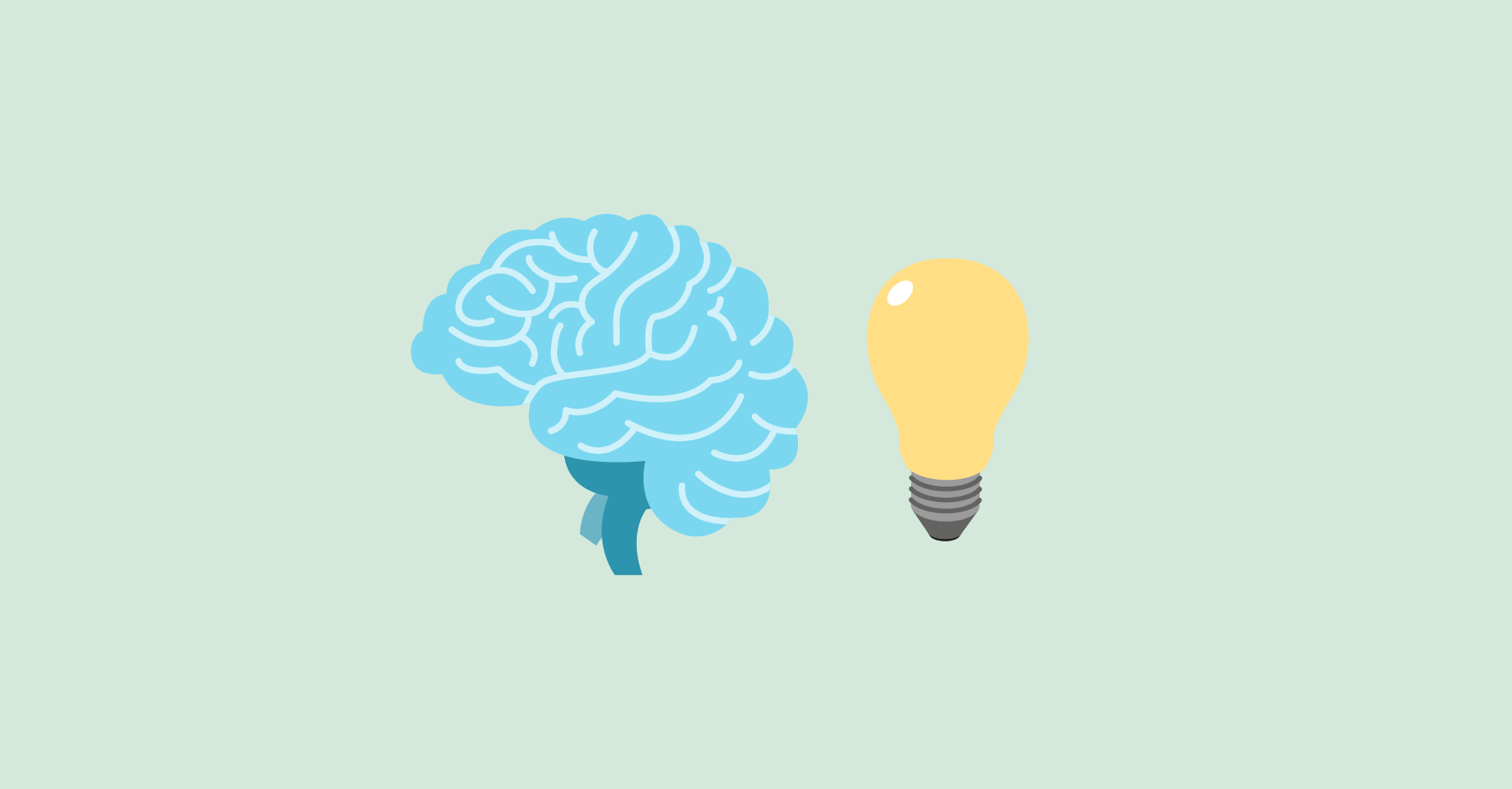Retrieval practice in the primary classroom
Have you ever wondered how to support children to recall key facts from their learning? This blog post outlines key research and strategies to use in the primary classroom around the theme of retrieval practice.
Retrieval practice is the ability to recall information from your working and long-term memory. It’s an extremely useful tool for all children. Kate Jones explains in her book Retrieval Practice: Research & Resources for Every Classroom that “once information has been retrieved it allows the memory to be stronger.”
Ofsted agrees that retrieval is important. According to the 2022 Framework, Ofsted will be looking for quality implementation of the curriculum, stating “teaching should be designed to help learners to remember in the long-term the content they have been taught.”
Identifying gaps in learners’ knowledge is another reason retrieval practice is paramount. Often, a child seems to understand the lesson, but when you return to the subject matter, you realise the child either never understood or no longer understands. Retrieval practice allows you to identify which children have fully mastered a concept, because they will be able to recall the information from their working memory.
Samuel Strickland supports this in his book Education Exposed: Leading a school in a time of uncertainty. He calls retrieval practice an “incredibly efficient way of making knowledge stick.”

Retrieval strategies to use in the classroom
At the start of a lesson, we often use the grid below to retrieve information. We use arithmetic-style questions, along with questions from the Maths — No Problem! website.
Maths — No Problem! content allows teachers — regardless of subject knowledge — to find questions that are appropriate. We have found in our school that children’s recall improves as we revisit learning daily.
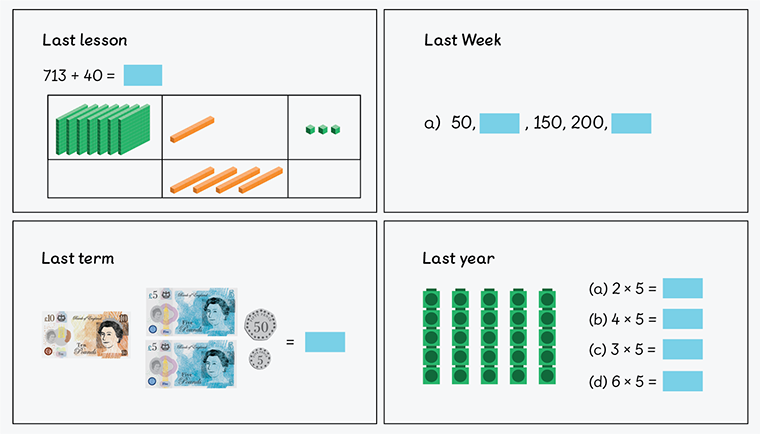
Flashcards
Before we complete the Year 4 unit on place value, we also use flashcards from the Year 3 objectives that I have created and trialled in my year group. This is an example:
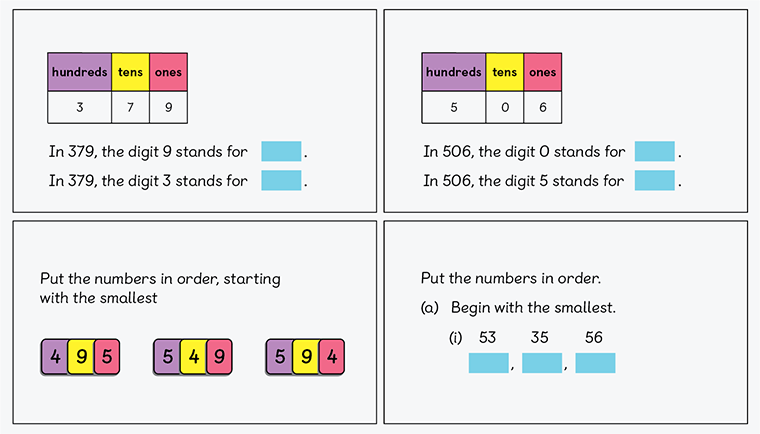
These allow us to retrieve the key aspects of the previous year groups’ learning and as Strickland states, allow the learning to stick. For younger children, we also use multiple-choice-style questions as a scaffold to help them.
Transform Your Maths Assessment
Insights — our online assessment tool — gives you instant, powerful data to identify gaps and improve results.

Quizzes
Quizzes are another fantastic way in which you can retrieve information. Below is an example you could use in the classroom before teaching a unit on addition. Sticking with the Maths — No Problem! core concepts, you could also include all three elements of the C-P-A approach within these quizzes.
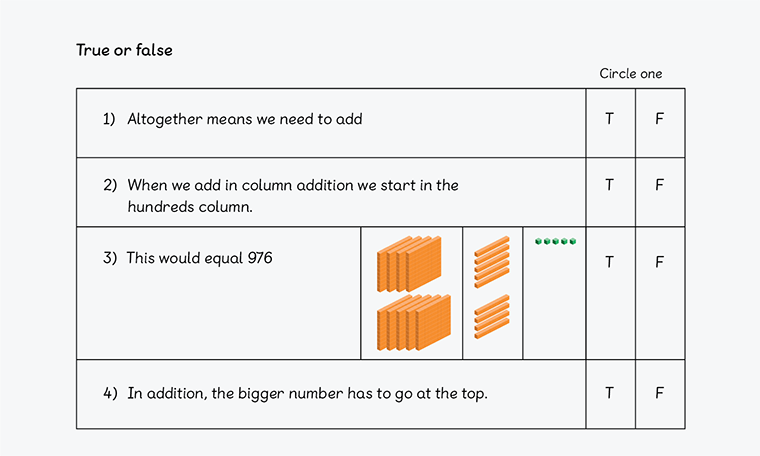
Brain Dumps
Brain dumps are useful as they allow children to write down all the information they know and can recall about a particular mathematical topic without any pressure. You could have keywords on the board to guide pupils in the right direction as a plain piece of paper can be daunting.
I often like to use the example below as it allows the children to work collaboratively with their retrieval. In the ‘Cops’ section, the children write down all of the information they can remember. Then, their partner discusses what they could retrieve and the child then places any knowledge they did not have in the ‘Robber’ section. Again, it also allows you as a practitioner to identify what the child knows and any gaps in their learning.
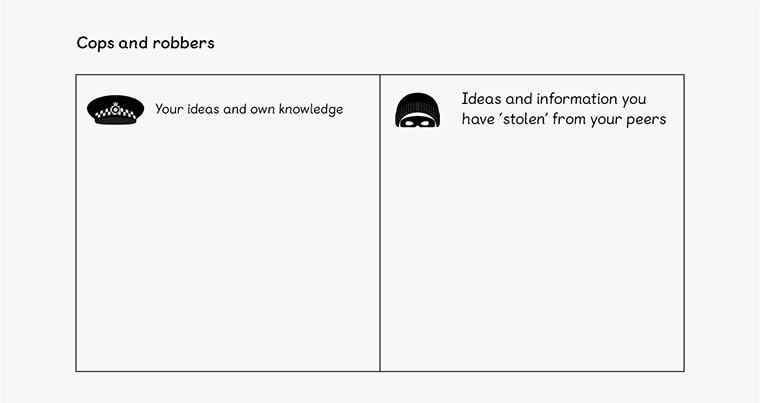
Hopefully, I’ve been able to show you some of the benefits of classroom retrieval practice to help with your Assessment for Learning. I also hope the above has demonstrated the ways in which retrieval practice benefits children with their working and long-term memories.
Maths — No Problem! provides you with plenty of learning content to use when experimenting with retrieval practice. Let’s start helping children improve by revisiting prior learning more frequently.
